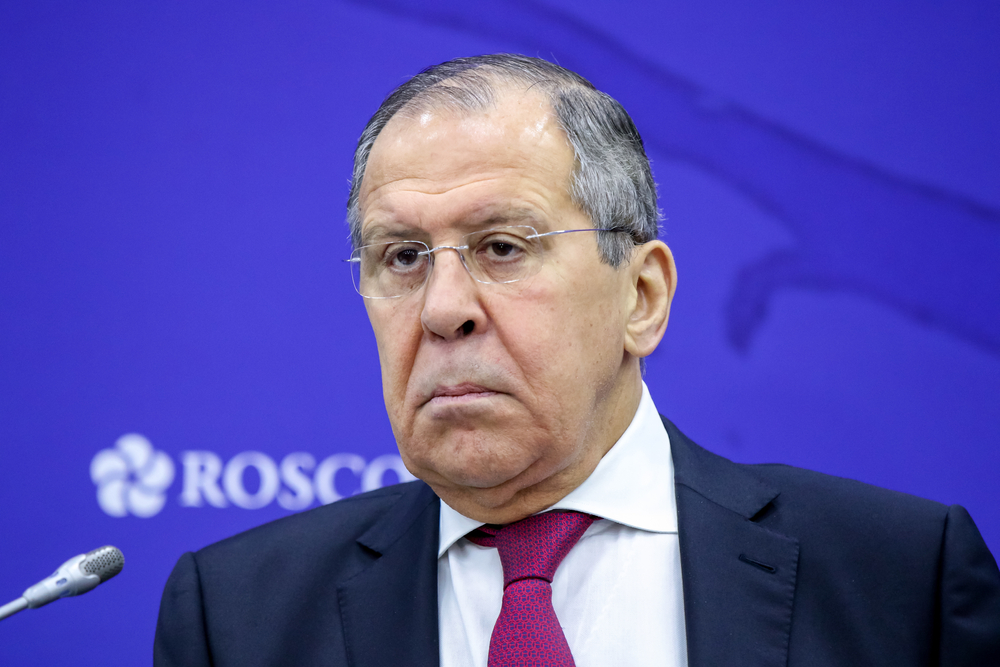Lavrov Claims Russia Is Fighting Alone—But Is It?
Others are reading now
Lavrov Claims Russia Is Fighting Alone—But Is It?
What is happening?
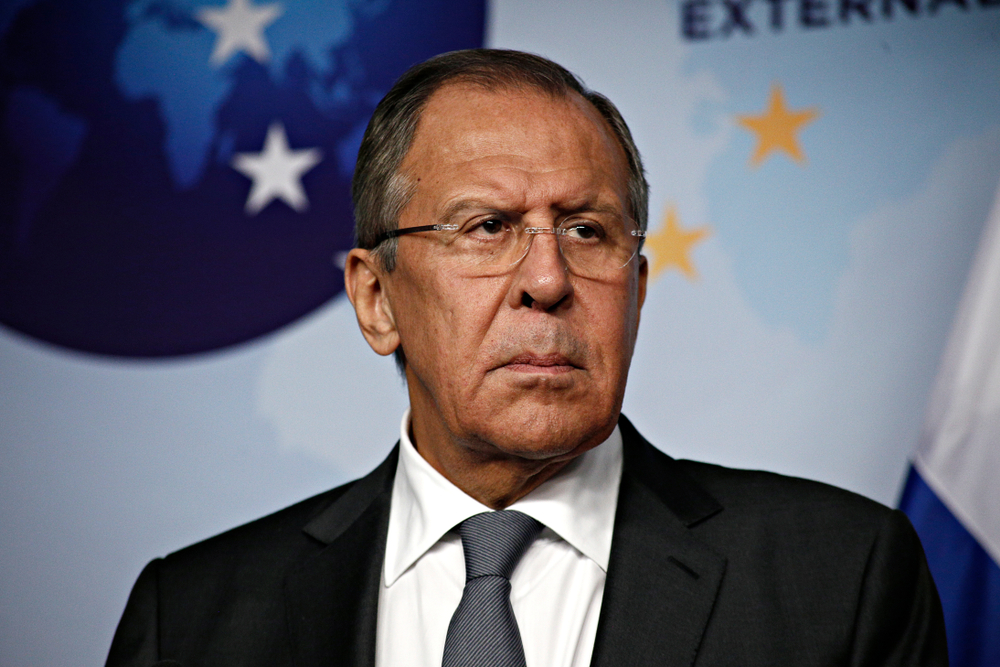
Russian Foreign Minister Sergei Lavrov recently declared that Russia has “no allies on the battlefield,” contrasting its current position with the alliances it held during the World Wars.
However, this narrative overlooks the critical support Russia receives today from North Korea, Iran, and China, casting doubt on Lavrov’s portrayal of isolation.
North Korea Sends Arms—and Soldiers?
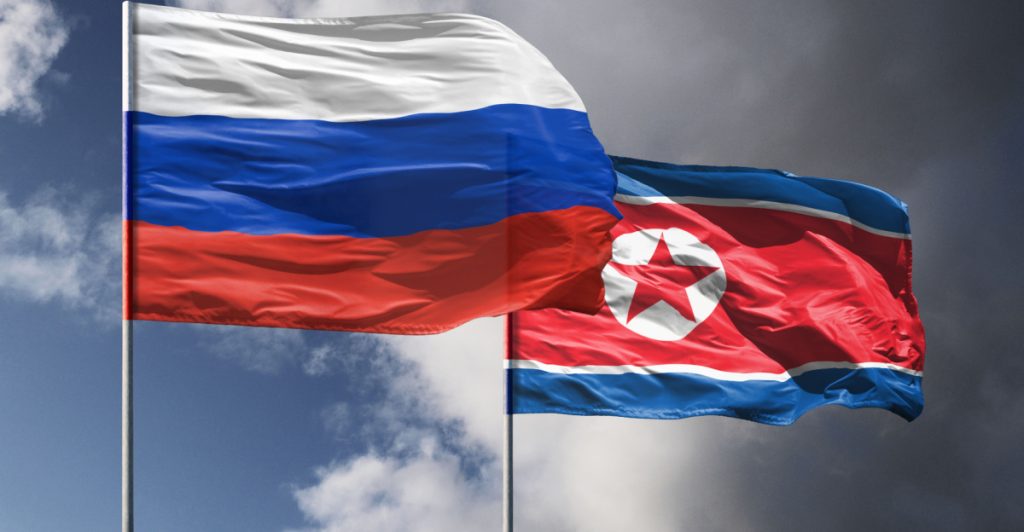
Despite Lavrov’s claims, North Korea has become a key player in supporting Russia’s war in Ukraine.
Pyongyang has reportedly sent ballistic missiles, artillery shells, and even troops.
Also read
The relationship between the two nations is warming on both economic and political fronts, signaling a deeper, long-term alignment.
Iranian Drones Change the Air War
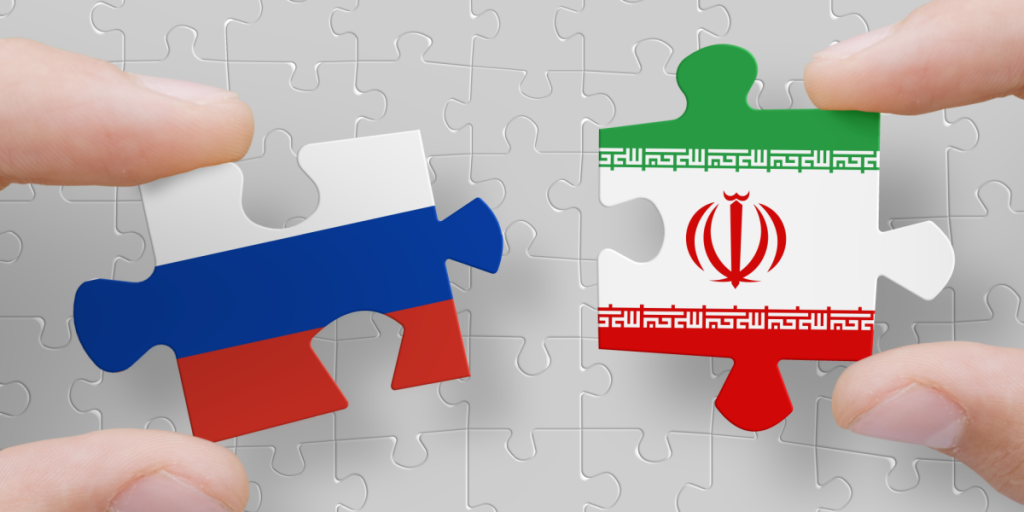
Iran’s Shahed drones have played a significant role in Russia’s bombardment of Ukrainian cities.
Tehran not only supplied these drones but also helped Moscow develop domestic production of similar variants.
These weapons are increasingly used on the front lines, making Iran a critical military partner.
China’s Crucial Role in Sanctions Evasion
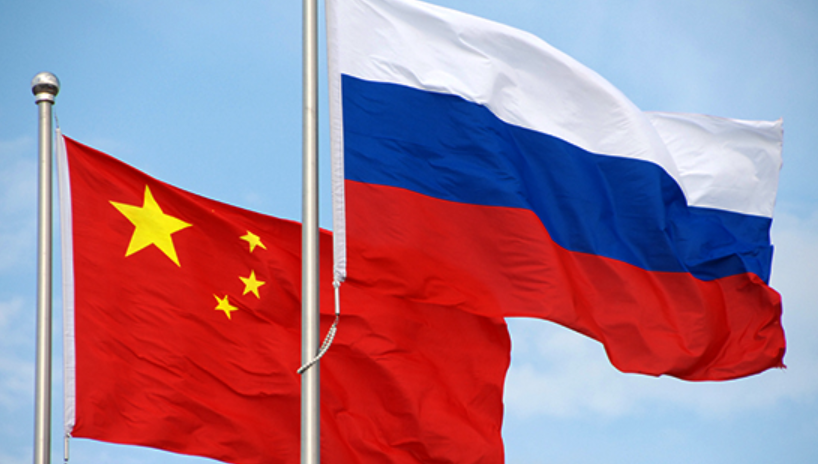
While not directly involved in military operations, China has become indispensable to Russia’s efforts to bypass Western sanctions.
Also read
Chinese firms provide dual-use components and microelectronics that power Russian military tech—support that allows Moscow to keep its war machine running.
Toward an Emerging Anti-Western Axis
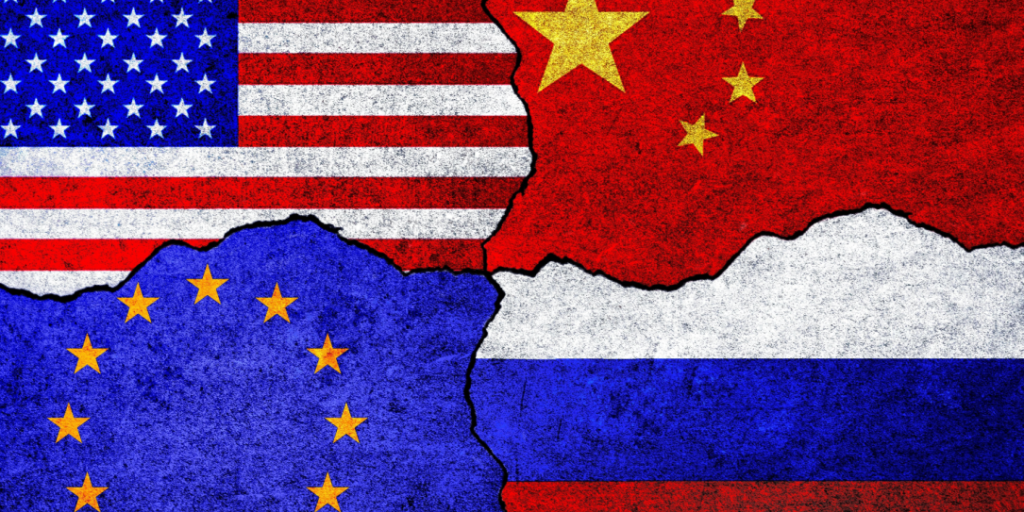
The Institute for the Study of War (ISW) warns that deepening ties between Russia, Iran, North Korea, and China may evolve into a broader anti-Western alliance.
This growing bloc poses a potential long-term challenge to global security, particularly for the United States and its allies.
Moscow’s New Ideological Front
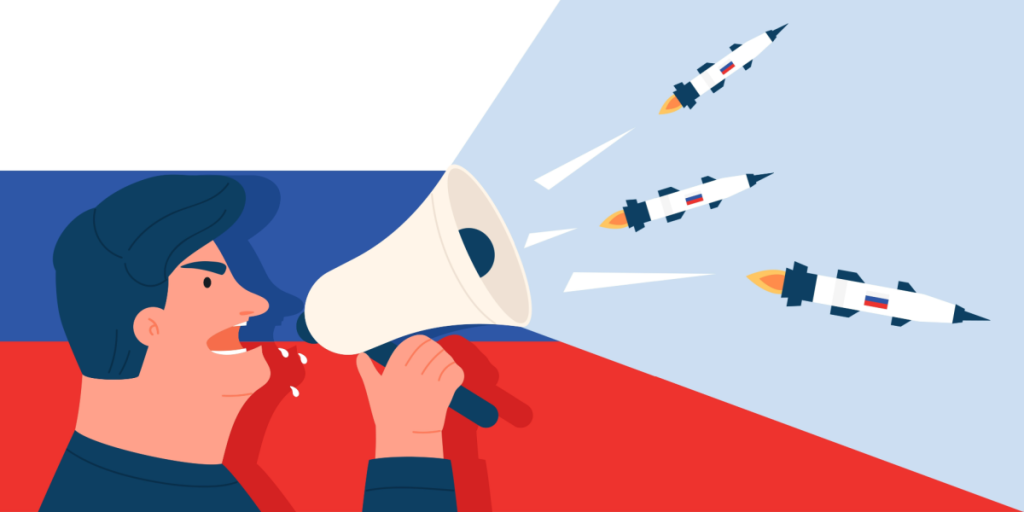
Lavrov’s latest remarks also serve a domestic purpose. Analysts suggest the Kremlin is pushing an informal state ideology that frames Russia as locked in an existential battle with the West.
Justifying the War With Familiar Rhetoric
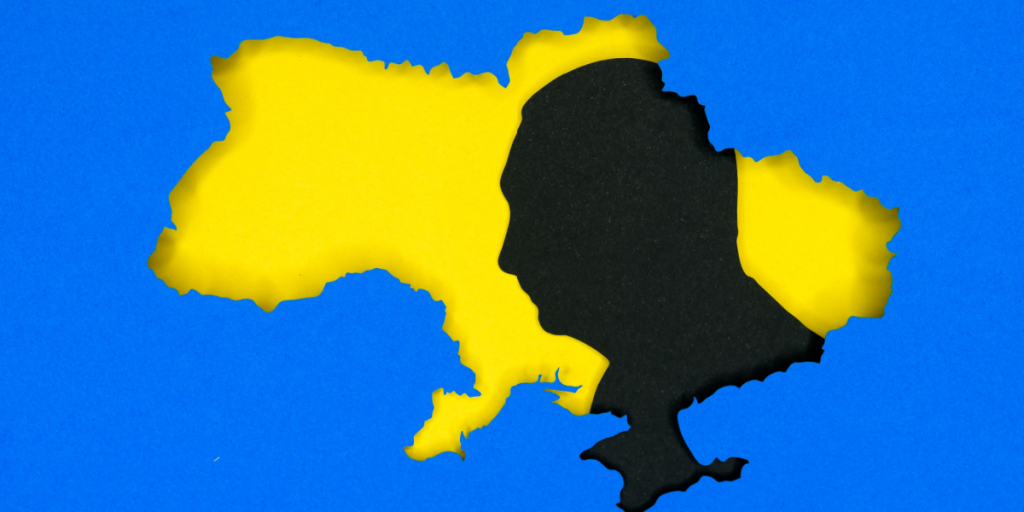
Lavrov repeated a well-worn justification for invading Ukraine: protecting Russian speakers.
Also read
This rationale has been a staple in Russian official discourse since 2014 and is used to portray the war as defensive, rather than aggressive or imperialist.
Red Lines on NATO and Territorial Claims
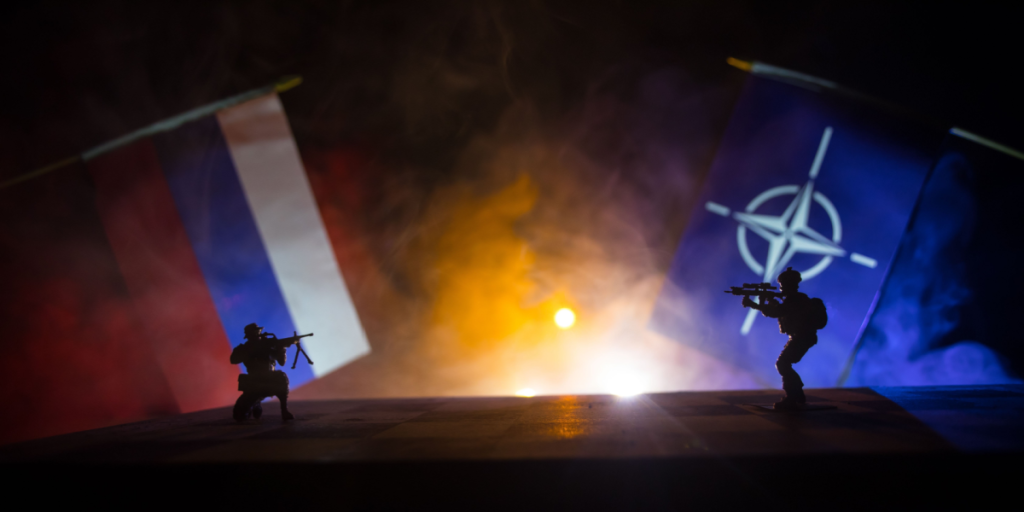
Reiterating longstanding Kremlin positions, Lavrov insisted that Ukraine must never join NATO and that the West must recognize Russia’s illegal annexation of Ukrainian territories, including Crimea.
These demands remain non-negotiable conditions for Moscow.
Winning Hearts and Minds at Home
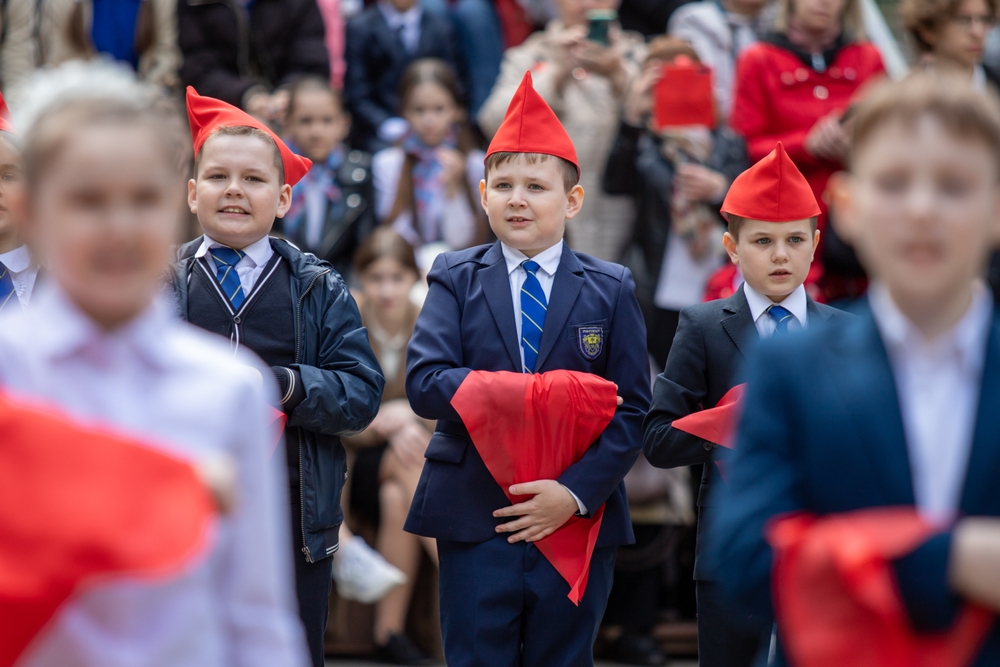
The Kremlin is doubling down on its efforts to rally domestic support for the war—especially among young Russians.
Through media, education, and public messaging, the government portrays its goals as righteous and essential to national survival.
Domestic Support Limits Peace Prospects
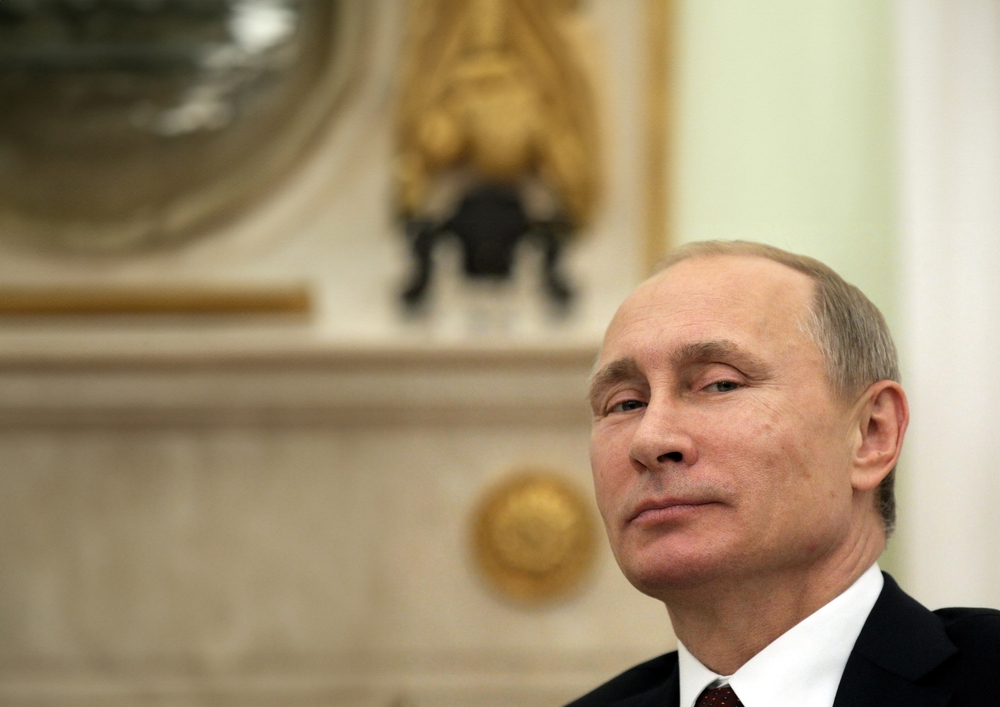
Also read
Even if a peace deal were possible, it would be politically risky for Putin to accept anything less than total victory.
Years of state-driven messaging have made the Russian public deeply invested in the war’s aims, making compromise appear as surrender in the eyes of many.

